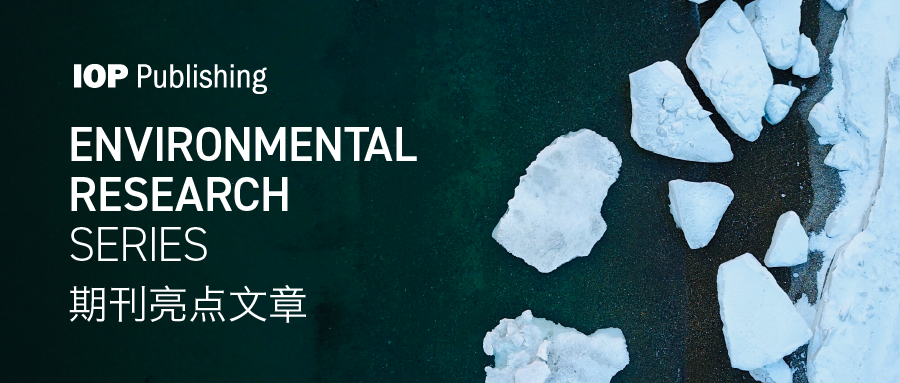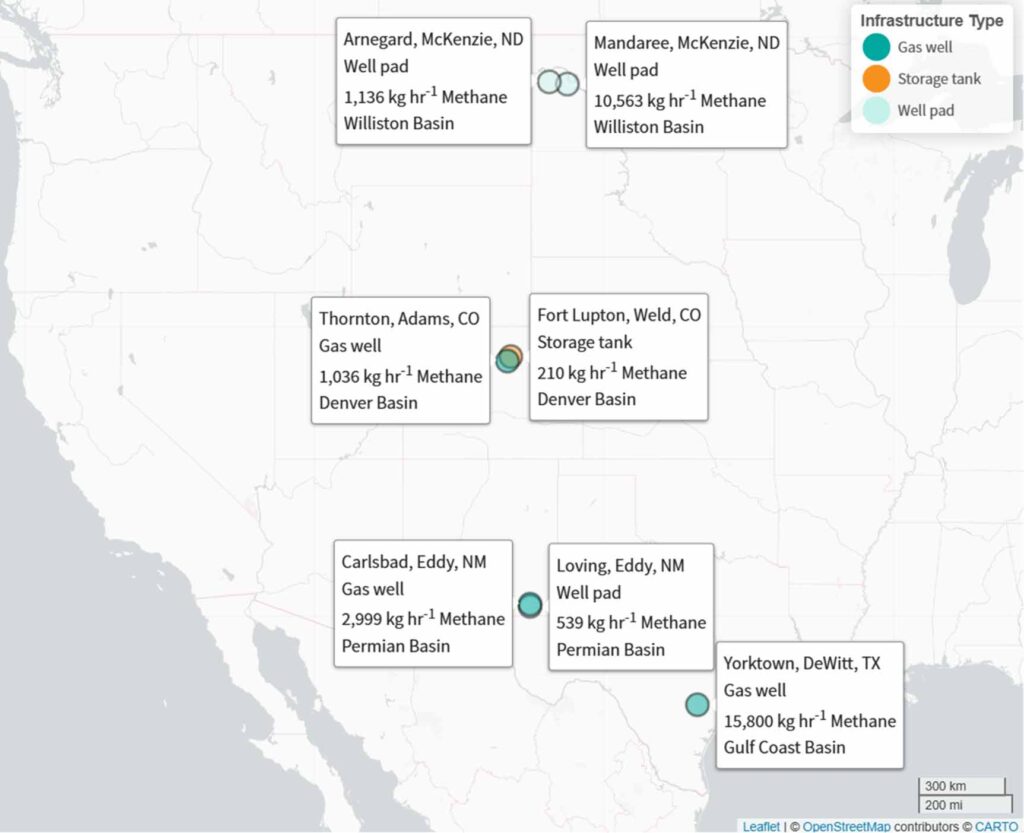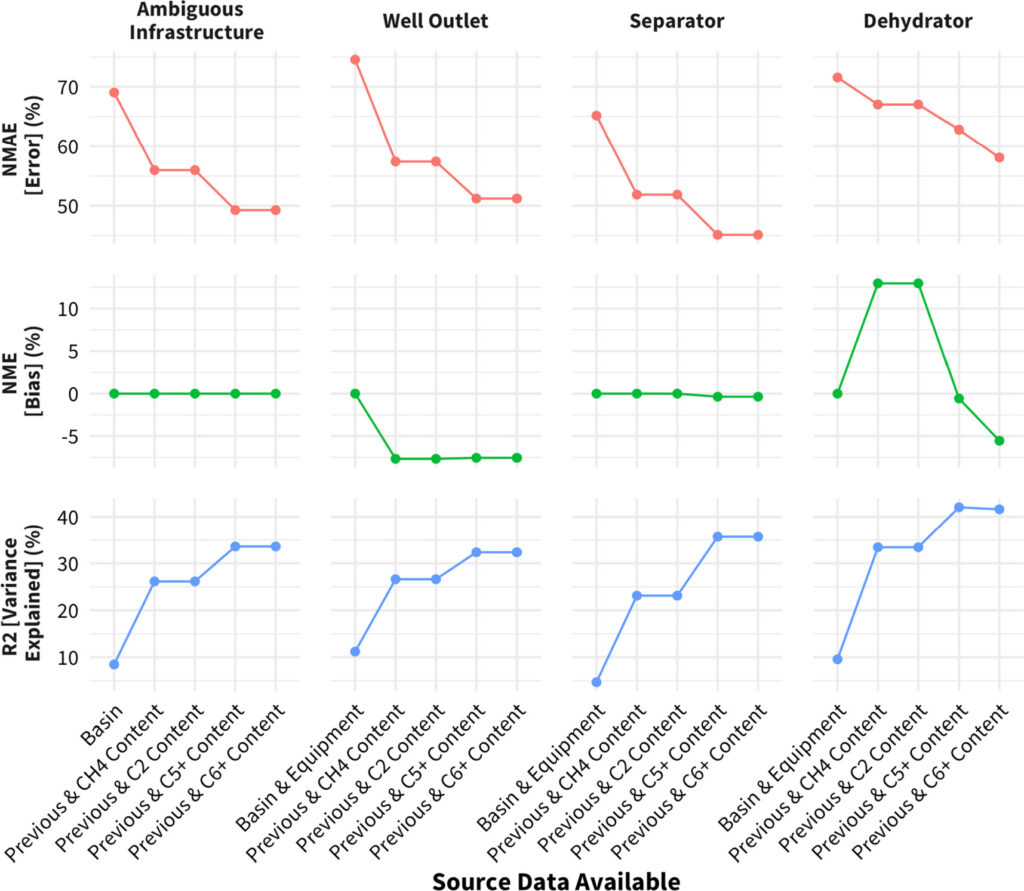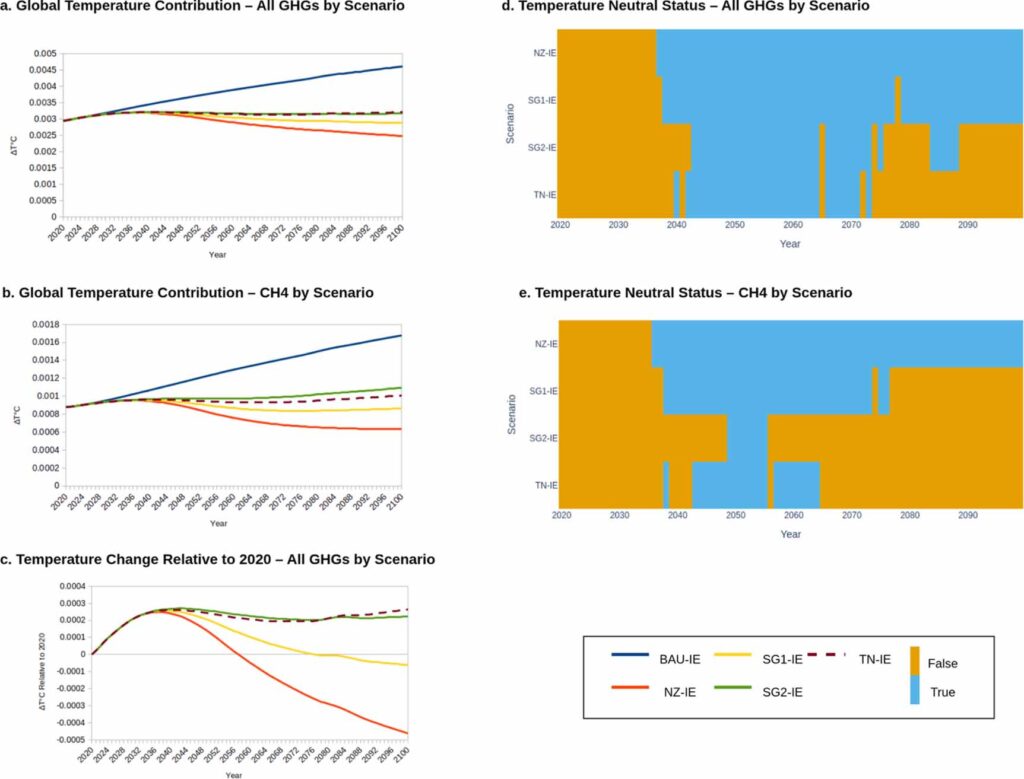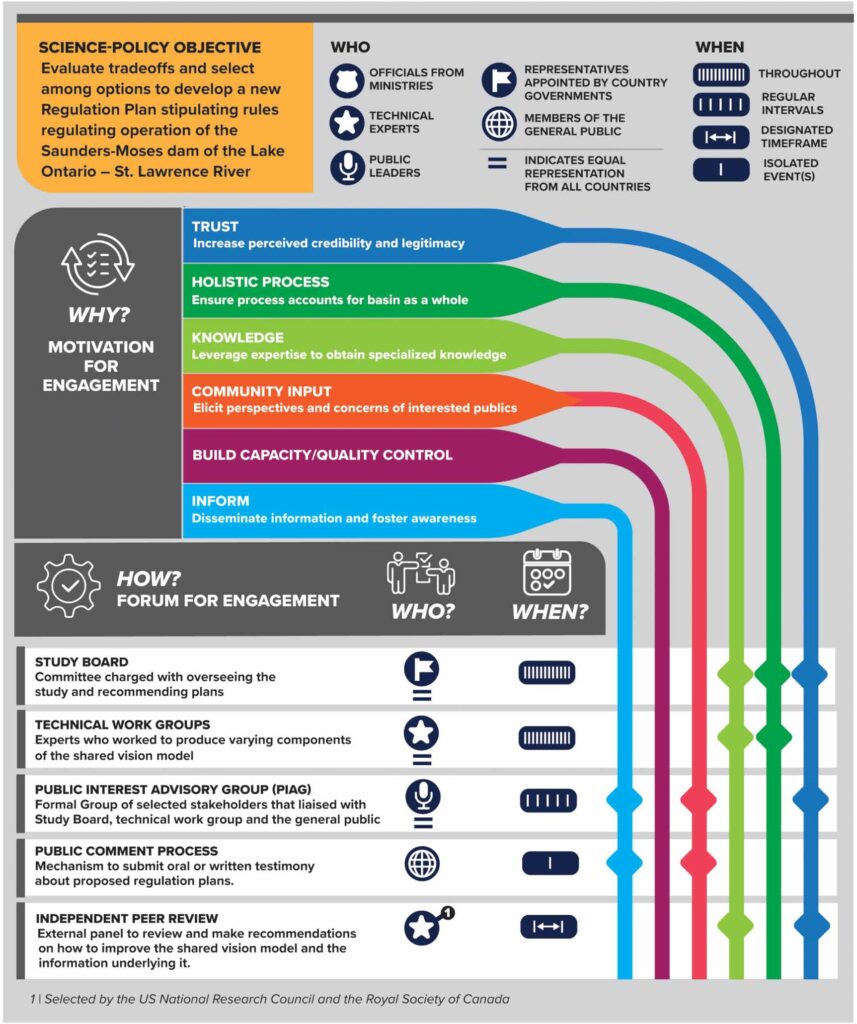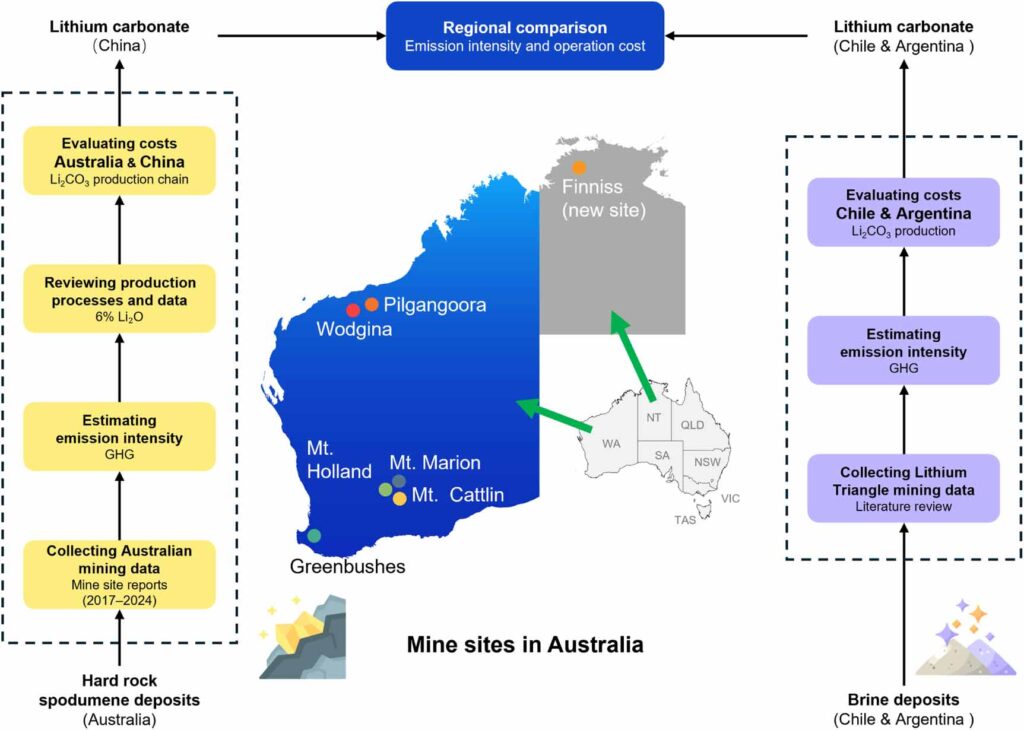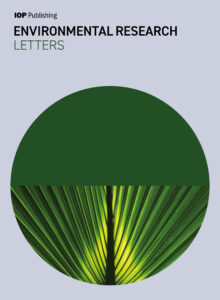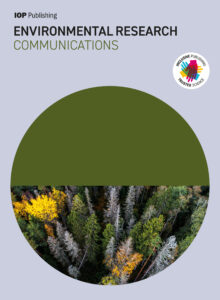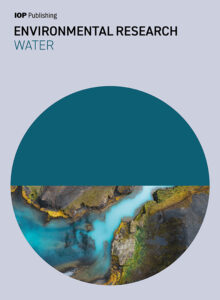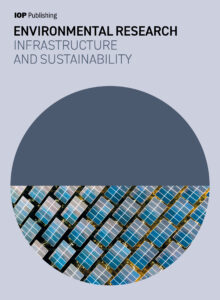Not just a climate problem: the safety and health risks of methane super-emitter events
Sofia Bisogno, Chowdhury G Moniruzzaman, Nick Heath, Christos Efstathiou, Jeremy K Domen, Lee Ann L Hill, Jasmine Lee, Drew R Michanowicz, Quintin Munoz, Yanelli Nunez, Sebastian T Rowland, Daniel Bon, Daniel H Cusworth, Seth B C Shonkoff and Kelsey R Bilsback
Bisogno et al.’s research Letter examines the methane and hazardous air pollutant emissions from seven natural gas super-emitter events, finding that every event posed modelled health risks to nearby communities and that three events posed modelled safety risks to onsite workers. The findings demonstrate that policies and early detection efforts should prioritise factors beyond methane emissions rate magnitude, such as gas composition. As part of research for the PSE Health Energy Methane Risk Map, this research Letter models the health risks from over 1,300 upstream methane emissions events and helps communities understand potential exposure in their area.
Scalable estimation of speciated volatile organic compound composition in the upstream natural gas sector
Sebastian T Rowland, Jeremy K Domen, Jasmine Lee, Quintin Munoz, Jessie M Jaeger, Sofia Bisogno, Chowdhury Moniruzzaman, Nick Heath, Christos Efstathiou, Seth B C Shonkoff, Lee Ann L Hill and Kelsey R Bilsback
Rowland et al. compiled a large dataset of upstream gas composition analyses and developed models to estimate non-methane volatile organic compounds (NMVOC) emissions, finding that benzene was present in over 97% of samples and could be reliably predicted from methane and unspeciated gas data. These models enable scalable, localized risk assessments of hazardous air pollutants from methane super-emitters, especially in areas lacking detailed gas composition data. As part of research for the PSE Health Energy Methane Risk Map, this research Letter models the health risks from over 1,300 upstream methane emissions events and helps communities understand potential exposure in their area.
National temperature neutrality, agricultural methane and climate policy: reinforcing inequality in the global food system
Colm Duffy, Carl Doedens, Róisín Moriarty, Hannah Daly, David Styles and Malte Meinshausen
This study challenges the use of temperature neutrality in climate policy for agricultural methane, showing it disproportionately benefits high-emission countries while disadvantaging vulnerable, food-insecure nations. The findings suggest that temperature neutrality fails to support equitable climate action and overlooks the significant warming impact of livestock emissions.
Exploring engagement practicalities and motivations in transboundary water governance
Andrea K. Gerlak and Anita Milman
Stakeholder engagement in transboundary water governance often involves multiple forums and a focus on national-level actors, as shown across three international river basin case studies. The findings point to a need for deeper understanding of what drives these practices to support more effective engagement strategies by supranational organizations.
Australia’s greener path in a competitive global lithium supply chain
Estefania Orquera, Guochang Xu, Stephen Northey, Tim Werner, Oscar Tiku, Damien Giurco and Kazuyo Matsubae
This research evaluates emissions from seven Australian lithium mines, finding that while Greenbushes has the lowest emissions, its limited lifespan and the growth of higher-emission sites could increase overall greenhouse gas output. To address this, Orquera et al. recommend expanding Australia’s role in the downstream supply chain and adopting cleaner technologies and renewable energy.
